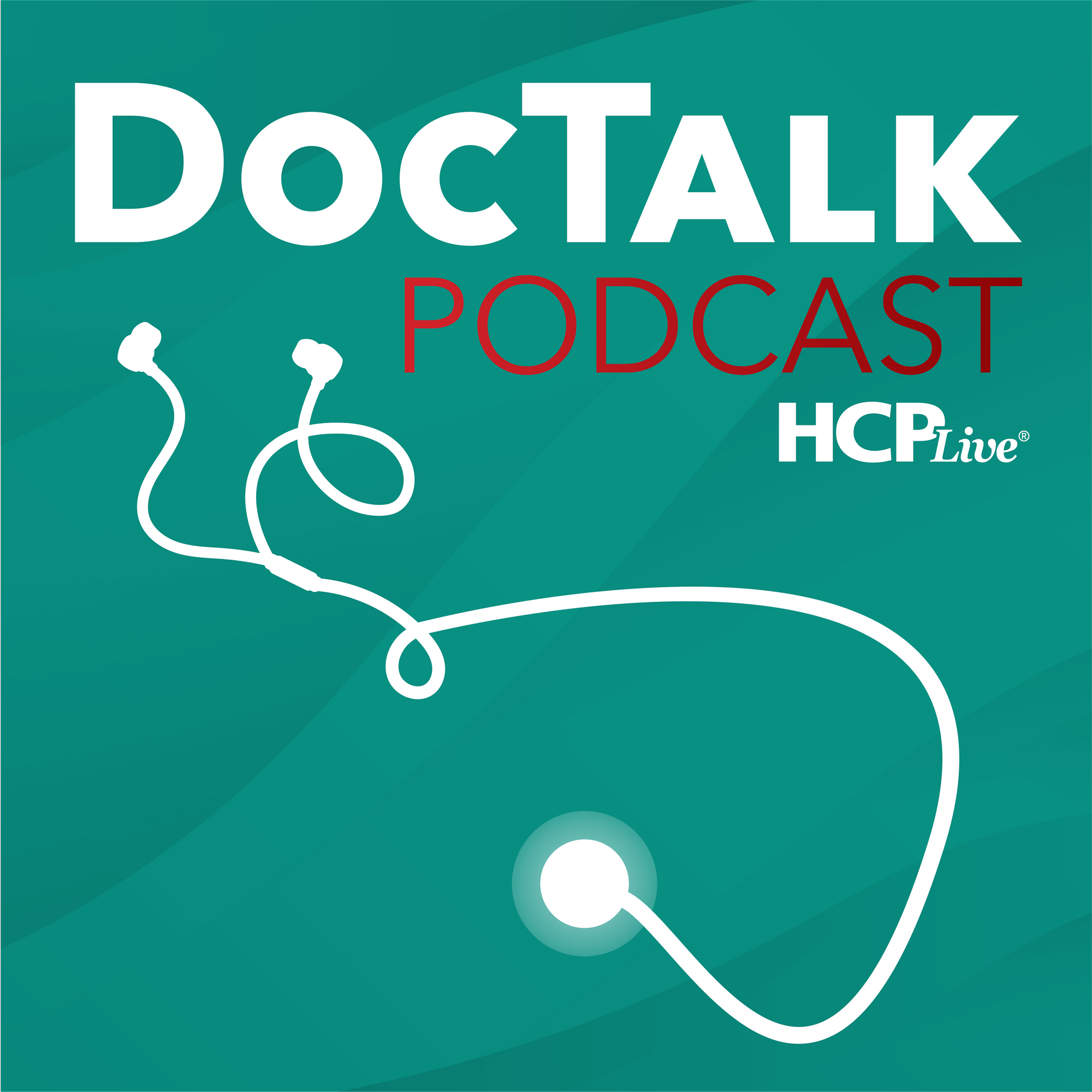Article
Study Details Strategies for TCS Use in Eczema Patients
Author(s):
Potent and moderate topical corticosteroids were likely to be effective than milder options for patients with moderate or severe eczema.
Stephanie Lax, PhD

A new investigation into strategies for topical corticosteroid (TCS) use in children and adults with eczema concluded that potent and moderate TCS were likely more effective than milder options for patients with moderate or severe eczema.
However, investigators were uncertain regarding any advantages of very potent TCS over potent options.
Topical corticosteroids have often been the first option in a line of treatments for eczema in recent decades, yet there remain uncertainties regarding their optimal use.
As such, a team of investigators led by Stephanie Lax, PhD, Center of Evidence Based Dermatology at the University of Nottingham, set out to establish the effectiveness and safety of different methods of using TCS for treating eczema.
The Methods
In January 2021, the team searched through several clinical databases including Cochran Skin Specialized Register, CENTRAL, MEDLINE, Embase, and GREAT. Additionally, 5 clinical trial registers were also utilized.
Participants of any age and gender with a diagnosis of eczema of any severity by a healthcare professional or through established diagnostic criteria for eczema were eligible for inclusion.
In instances where it was unclear whether a trial included participants with atopic eczema, a senior clinician was tasked with making a judgement as to whether the trial should be included.
Trials that included participants with other types of eczema such as contact dermatitis, varicose eczema, and seborrheic eczema, or other inflammatory or 'steroid-responsive' skin conditions such as psoriasis were included if the trials also included people with eczema.
Data was extracted via EASI, SCORA, Objective SCORAD, Three Item Severity score (TIS), and Investigator Global Assessment (IGA).
Secondary outcomes included patient-reported symptoms of eczema, and data was culled from the Patient-Oriented Eczema Measure (POEM).
The Findings
A total of 104 trials were included in the study, which amounted to a total of 8443 participants.
A majority of the trails were conducted in high-income countries (81/104) in outpatient and other hospital settings.
Only 1 trial was determined to be low risk of bias across all domains, and 55 trials had high risk of bias in at least 1 domain.
A total of 63 trials compared different potencies of topical corticosteroids including 12 moderate versus mild, 22 potent versus mild, 25 potent versus moderate, and 6 very potent versus potent trials.
Among these, investigators examined 4 pooled trials that compared moderate versus mild-potency TCS with a total of 420 participants.
Based on these trials, oderate‐potency topical corticosteroids likely resulted in more participants achieving treatment success, defined as cleared or marked improvement on IGA (52% versus 34%; odds ratio (OR) 2.07, 95% confidence interval (CI) 1.41 to 3.04; moderate‐certainty evidence).
Regarding twice daily or more versus once daily application, pooled data from 15 of the 25 trials found that applying potent topical corticosteroids only once a day likely did not decrease the number achieving treatment success compared to twice daily application (OR 0.97, 95% CI 0.68 to 1.38; 15 trials, 1821 participants; moderate‐certainty evidence).
Investigators observed that weekend (proactive) therapy probably resulted in a large decrease in likelihood of a relapse from 58% to 25% (risk ratio (RR) 0.43, 95% CI 0.32 to 0.57; 7 trials, 1149 participants; moderate‐certainty evidence).
Regarding optimum duration of treatment of a flare, branded versus generic topical corticosteroids, and time to leave between application of topical corticosteroids and emollient, no trials were found.
“There is a need for longer‐term trials, in people with mild eczema,” the team wrote.





